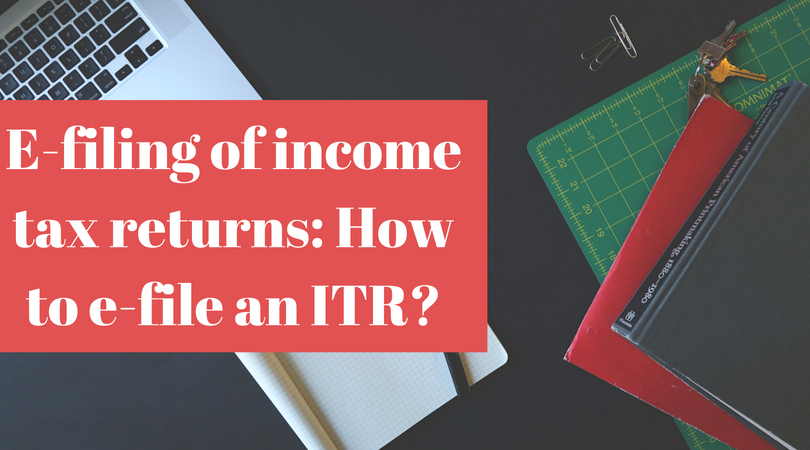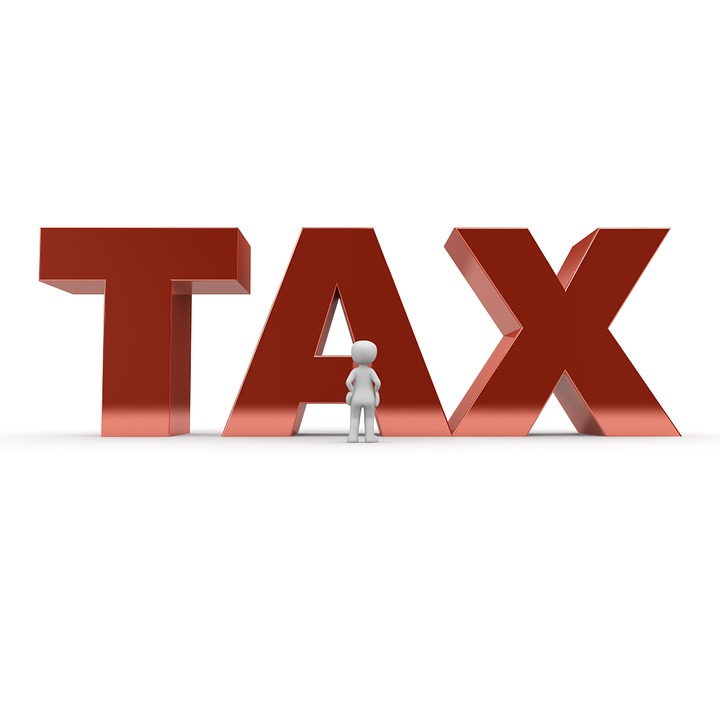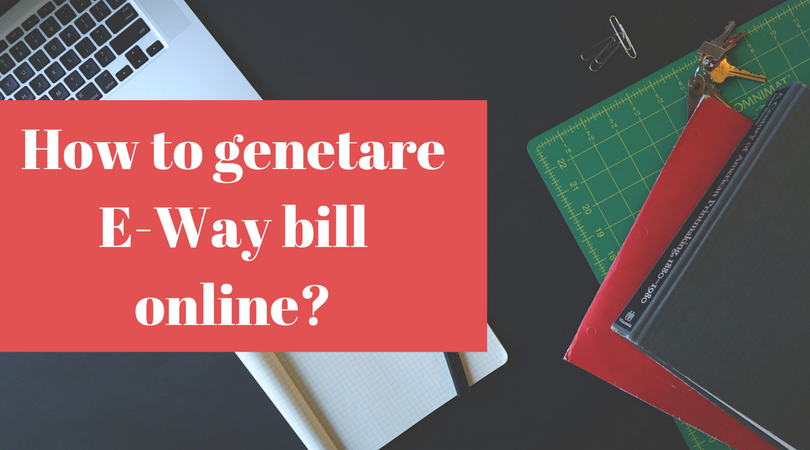Valuation of Goods and Service Tax
Valuation of Goods and Service tax. Under the previous regime, every indirect tax (like VAT, Service Tax, Central Excise etc.) contained valuation provisions of its own. This was causing litigations due to double taxation. For instance, in a composite works contract, where supply of goods and services both are involved, goods were being valued as per the provisions of VAT and services were being valued as per the provisions of service tax, which lead to double taxation, further leading to litigation.
However, this issue has been corrected in the new Goods and Service Tax law. The Central GST Act lays down the valuation provisions of GST. It states that the value of supply of goods and services shall be the ‘transaction value’ i.e. the price actually paid or payable for the said supply, where the supplier and the recipient are not related and price is the sole consideration for the supply. Now, the works contracts in relation to building, complex or any civil structure is treated as supply of service if it is sold before completion of construction. However if entire consideration on works contract has been received after issuance of completion certificate then no GST is leviable on such supply as this becomes immovable property and GST can’t be levied on sale of an immovable property.
Valuation of Goods and Service tax based on provisions given in the CGST Act, 2017 and CGST Rules, 2017 :-
As per Section 15(1) of the Central Goods and Service Tax, 2017, the value of a supply of goods or services or both shall be the transaction value, which is the price actually paid or payable for the said supply of goods or services or both where the supplier and the recipient of the supply are not related and the price is the sole consideration for the supply.
Further, Section 15(2) provides that the value of taxable supply shall also include :-
- any taxes, duties, cesses, fees and charges levied;
- any amount that the supplier is liable to pay in relation to such supply but which has been incurred by the recipient of the supply and not included in the price actually paid or payable;
- incidental expenses, including commission and packing, charged by the supplier to the recipient;
- interest or late fee or penalty for delayed payment of any consideration for any supply;
- subsidies directly linked to the price excluding subsidies provided by the Central Government and State Governments.
Previously, interest, late fee, penalty for delayed payment were not a part of transaction value. However, now the tax would be levied for which supplier would be required to issue a supplementary invoice or debit note to collect extra tax on late fee, penalty amount as at the time of raising tax invoice.
Section 15(3) states that discount shall not be included in the value of table supply if such discount is given before or at the time of the supply if such discount has been duly recorded in the invoice issued in respect of such supply.
Also, discount given after supply would be excluded from transaction value only if such discounts are established in the agreement and linked to all relevant invoices plus the credit claim on discount value is reversed by the recipient. Practically, all taxpayers supplying goods to the dealer/distributor are offered quantity discount at the end of the financial year once the sales target are achieved by them and same is provided by issuing a credit note. Linking with the relevant invoices is going to pose a major issue because all over the year, dealer/ distributor may issues more than 200 or 300 invoices. Further, even in big industries, this quantity discount is not written in the agreement or in some cases there is not agreement at all.
The CGST Rules, 2017 :-
As per Rule 28 of the CGST Rules, 2017 the value of supply between related person/distinct person other than agents shall be –
(a) The open market value of such supply;(b) If open market value is not available, it shall be the value of supply
of goods or services of like kind and quality;
(c) If the value is not determinable under clause (a) or (b), be the value as determined by application of rule 30* or rule 31*, in that order;
As per Rule 29 of value of supply of goods made or received through an agent.-The value of supply of goods between the principal and his agent shall-
- be the open market value of the goods being supplied, or at the option of the supplier, be 90% of the price charged for the supply of goods of like kind and quality by the recipient to his customer not being a related person, where the goods are intended for further supply by the said recipient. For example, a principal supplies sugar to his agent and the agent is further supplying sugar of like kind and quality in subsequent supplies at a price of ₹100 per kilogram on the day of the supply. Another independent supplier is supplying sugar of like kind and quality to the said agent at the price of ₹95 per kilogram. The value of the supply made by the principal shall be ₹95 per kilogram or where he exercises the option, the value shall be 90% of ₹100 i.e., ₹90 per kilogram.
(b) where the Valuation of Goods and Service Tax is not determinable under clause (a), the same shall be determined by the application of rule 30 or rule 31 in that order.
*Rule – 30. Issue of supply of goods or services or both based on cost.-Where the value of a supply of goods or services or both is not determinable by any of the preceding rules of this Chapter, the Valuation of Goods and Service Tax shall be one hundred and ten percent of the cost of production or manufacture or the cost of acquisition of such goods or the cost of provision of such services.
*Rule – 31. Residual method for determination of value of supply of goods or services or both.-
Where the value of supply of goods or services or both cannot be determined under rules 27 to 30, the Valuation of Goods and Service Tax shall be determined using reasonable means consistent with the principles and the general provisions of section 15 and the provisions of this Chapter:
Provided that in the case of supply of services, the supplier may opt for this rule, ignoring rule 30.




